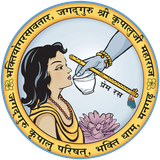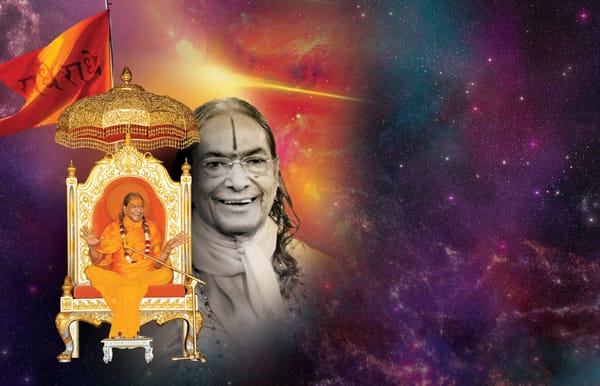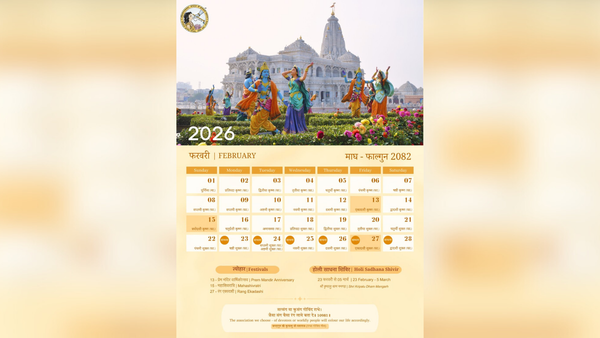Science of Bhakti

To practise devotion or bhakti is the essence of Vedic philosophy. There are numerous definitions in different scriptures and in the writings of different commentators. Let us understand its true definition, according to Jagadguru Shri Kripalu Ji Maharaj, and what its practical application involves.
Most people will be aware that all of God’s names - Ram, Shyam, Damodar, Sita, Radha, Krishna etc. are derived from a root word. In Sanskrit grammar, these root words are combined with an affix to form a word. The word bhakti comes from the root word bhaj, which means “service”. Bhakti therefore means “to serve” and to practise bhakti literally means “to serve God.”
You may wonder who it is who can serve? The answer is only someone capable can render service to someone less so. For example, a well-to-do person can serve a pauper. But can that poor man serve without any money? No. Similarly, a wise man can serve through sharing his knowledge, whereas an illiterate man cannot. In this way, a person possessing some kind of power can serve someone without that same level of power.
When you were born, your mother served you. You were lying on your back completely helpless, incapable of even turning over. Your mother used to hold you with such care. She served you and raised you. Service means one with more power serving a powerless one. Now, in such a situation, how can we possibly do bhakti of God? Is God helpless? Are we all-powerful? No. God says that we cannot serve Him, and that it is He who serves us! Yes. He says, “I serve those who surrender to Me.” But surrender means to do nothing? If the military of our country was to surrender to the military of another country, what would they do? They would do nothing. They would put down their weapons and raise their hands in the air.
The Lord nevertheless says in the Gita, 9.22, “Those who surrender exclusively to Me and meditate on Me, I assume their responsibility and provide whatever they lack and protect whatever they possess.” In other words, God takes complete responsibility for the surrendered soul, just like a mother takes full responsibility for her newborn. The Bhagavatam also states that God protects and provides for His true devotee in every way. The true meaning of practising bhakti is to surrender yourself completely to God and surrender in this context means to offer your mind and intellect to Him, 100 percent. And you should not ask for anything in return, except for His love. When your mind becomes 100 percent surrendered, it will be completely pure. Now you are eligible, and the Guru can bestow divine power to your eyes, ears, mind, intellect, and so on. Only then will you acquire the knowledge of God and the ability to see His true divine form. And only then will you be able to serve Him.
This is the secret purport of the word bhakti.





